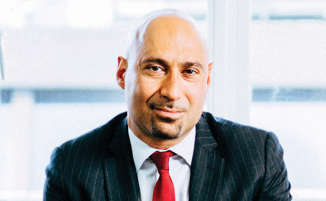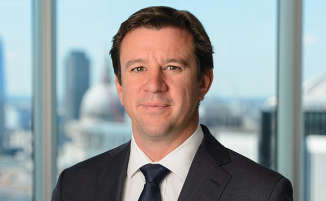Judging the world’s largest law firms, it is becoming a familiar tradition after we unpack the results of the Global 100 to look ahead to a more troubled outlook… which then turns into another year of robust growth.
Take 2019’s results, one of the strongest showings since the banking crisis a decade ago, which have seen the group push revenue up 9% to $113.51bn, while profits per equity partner (PEP) across the 100 increased 7% to an average $1.87m. Over a third of firms saw revenues increase by more than 10%, up from 16 in 2016; just four saw declining turnover. While underlining revenue per lawyer once again barely moved upwards, there are now 19 firms with PEP in excess of $3m, all bar one American, and eight exceeding $4m. Continue reading “Global 100 results show US question looming ever more ominously”
















